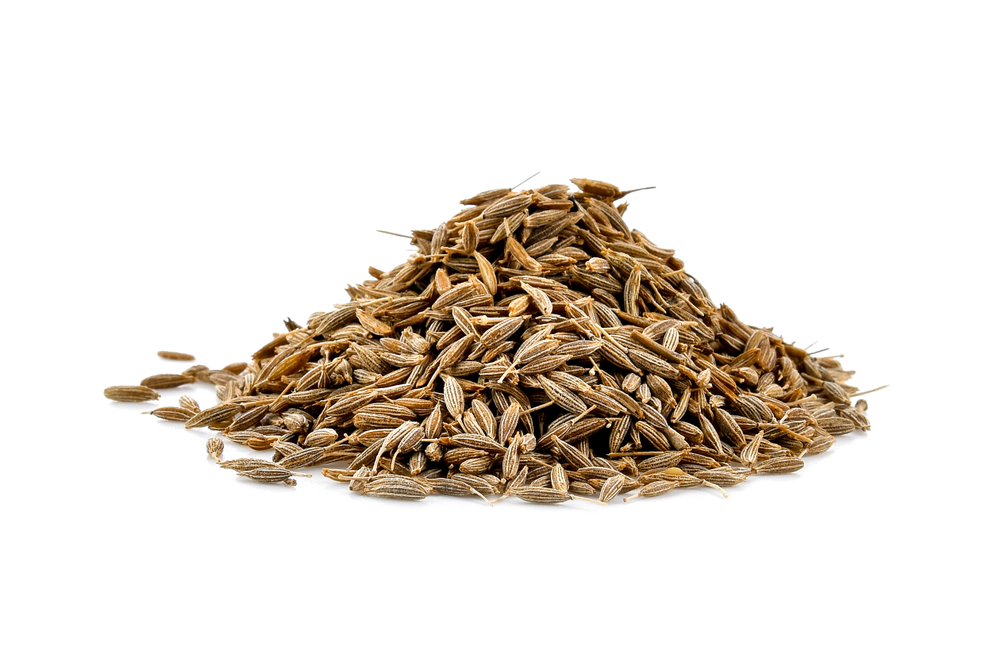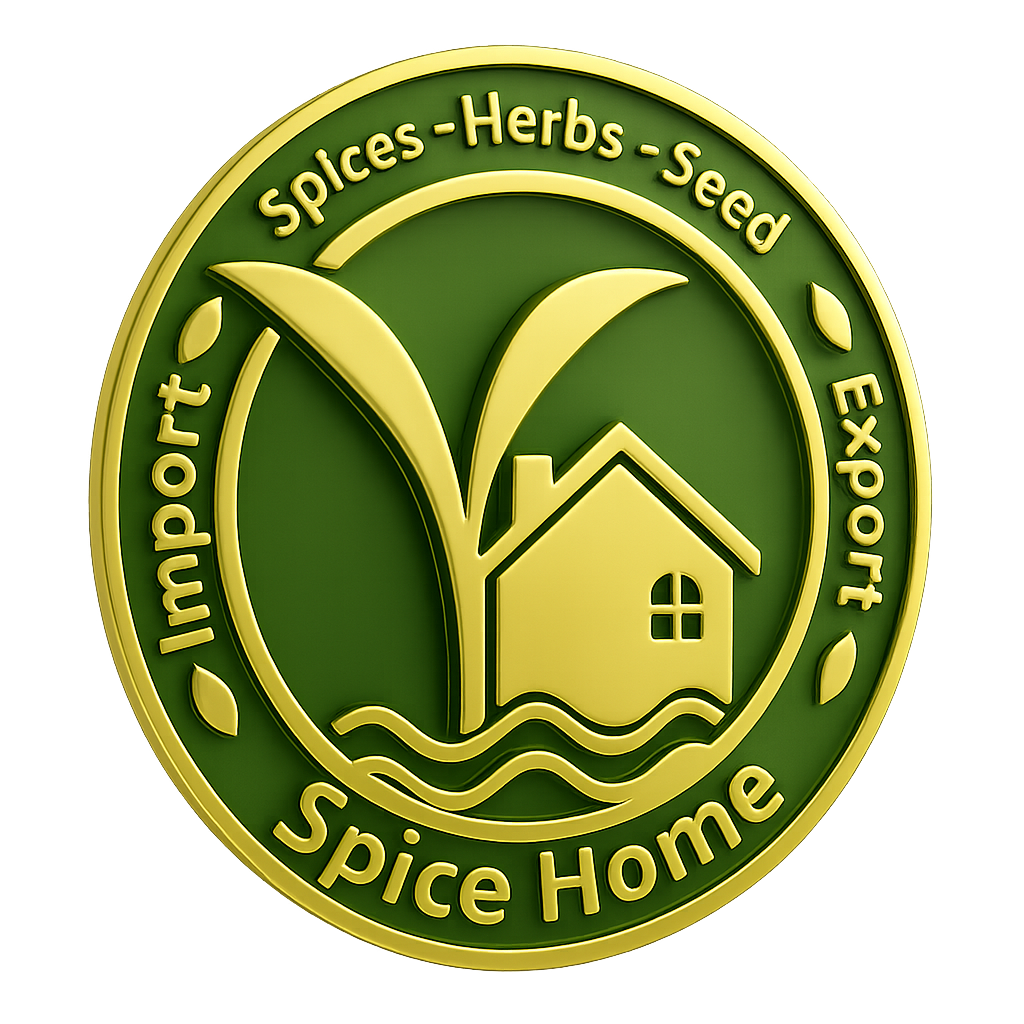The Cultivation and Exportation of Caraway Seeds in Egypt

Caraway (Carum carvi), a fragrant spice valued for its distinctive aroma and medicinal properties, holds a significant place in Egypt’s agricultural and export sectors. Known locally as “الكمون الكراوية,” caraway has been cultivated in Egypt for centuries, thriving in the country’s fertile soils and favorable climate. Today, Egypt stands among the key producers and exporters of caraway seeds in the Middle East and North Africa, supplying global markets with high-quality products used in the food, pharmaceutical, and cosmetic industries.
Cultivation Conditions and Practices
Caraway cultivation in Egypt begins with careful selection of suitable agricultural lands, particularly in regions such as Beni Suef, Fayoum, Minya, and Upper Egypt, where well-drained, loamy soils and moderate temperatures favor strong plant growth. The crop is typically planted during October and November, after the summer heat subsides. Caraway requires a cool growing season and abundant sunlight, conditions that Egypt naturally provides during the winter months.
Farmers prepare the soil through plowing and leveling, then sow the seeds either directly or using mechanical drills. The crop is often irrigated through traditional surface systems or modern drip irrigation methods, ensuring balanced moisture without waterlogging. Weeding and pest management are essential during the early stages to prevent competition and maintain yield quality. Chemical fertilizers are used sparingly, with a growing shift toward organic cultivation due to increasing global demand for chemical-free spices.
Harvesting and Processing
Caraway plants are ready for harvest approximately four to five months after planting, usually around March to April. Harvesting takes place when the seed umbels turn brown and the seeds begin to mature. Farmers cut the plants manually or with small machines, then dry them naturally under the sun. Once dried, the seeds are separated through threshing, cleaning, and grading processes to ensure purity and uniformity.

Modern facilities in Egypt employ advanced cleaning, sterilization, and packaging equipment that meet international export standards. The cleaned caraway seeds are packed in jute or polypropylene bags, often in 25 or 50-kilogram sizes, ready for shipment.
Exportation and Global Demand
Egypt exports caraway seeds mainly to Europe, the United States, the Gulf countries, and Asia. These markets value Egyptian caraway for its strong aroma, high essential oil content, and natural purity. The export process is managed by both private spice companies and agricultural cooperatives, which ensure compliance with global phytosanitary and quality control regulations.
Egypt’s strategic location and modern ports, such as Alexandria and Damietta, facilitate efficient export logistics. Moreover, the government encourages spice exportation through agricultural development programs and export incentives, helping Egyptian caraway compete with other global suppliers such as Germany, the Netherlands, and India.
Conclusion
In conclusion, the cultivation and exportation of caraway seeds in Egypt represent a harmonious blend of tradition, agricultural expertise, and global trade. With its favorable climate, fertile lands, and skilled farmers, Egypt continues to strengthen its position as a leading exporter of quality caraway. By investing in sustainable farming practices, modern processing, and international marketing, the country can further enhance its competitiveness and ensure that the aroma of Egyptian caraway continues to flavor kitchens and industries around the world.


